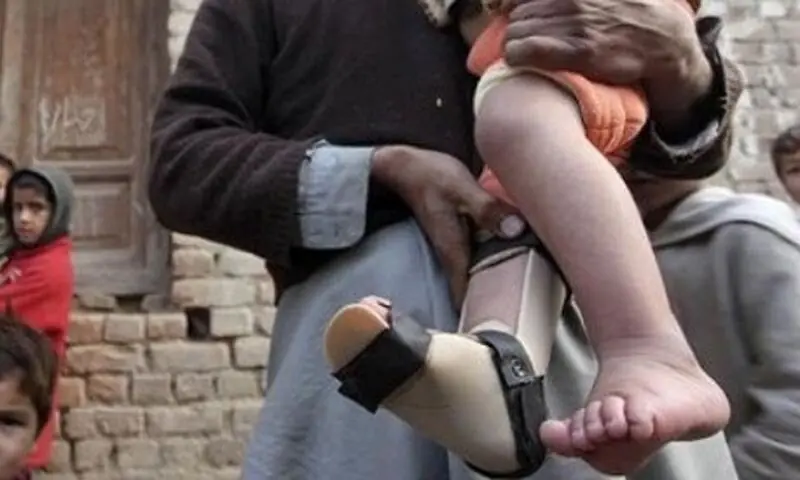By Joel Mathis
Copyright theweek

SUBSCRIBE & SAVE
Less than $3 per week
View Profile
The Explainer
Talking Points
The Week Recommends
Newsletters
From the Magazine
The Week Junior
Food & Drink
Personal Finance
All Categories
Newsletter sign up
In The Spotlight
The potential warning sign of an auto lender’s bankruptcy
Tricolor collapse an ‘extreme example’ of economy’s challenges
Newsletter sign up
The ‘broader auto loan market has been marked by a growing number of borrower defaults and car repossessions’
(Image credit: Kmatta / Getty Images)
Joel Mathis, The Week US
16 September 2025
Nearly two decades ago, the collapse of the subprime home loan market sparked the Great Recession and devastated the economy. There are echoes of that history in the recent collapse of Tricolor Holdings, a subprime auto lender.
Tricolor’s bankruptcy filing last week has “prompted questions about the health” of the auto finance sector, said Financial Times. The Texas firm was a “fast-growing lender” that quadrupled in size in recent years, making most of its loans to low-income Latino immigrants and other “borrowers with limited credit histories.” Tricolor charged that “financially precarious” customer base an average interest rate of 17% for loans. President Donald Trump’s deportations undercut that business model. Many borrowers were “deported back to Mexico, and they abandoned the vehicles,” said one former Tricolor employee.
There were additional problems: Tricolor faces a federal fraud investigation, and the broader auto loan market has been marked by a growing number of borrower defaults and car repossessions. The company’s unraveling is “just an extreme example” of the sector’s challenges, said Rod Dubitsky, an independent financial analyst.
Escape your echo chamber. Get the facts behind the news, plus analysis from multiple perspectives.
SUBSCRIBE & SAVE
Sign up for The Week’s Free Newsletters
From our morning news briefing to a weekly Good News Newsletter, get the best of The Week delivered directly to your inbox.
From our morning news briefing to a weekly Good News Newsletter, get the best of The Week delivered directly to your inbox.
How does this affect the financial markets?
The crisis is “ensnaring giants including JPMorgan Chase and BlackRock,” companies that are among outlets that “lent hundreds of millions of dollars” to Tricolor, said Bloomberg. Perhaps that should not be a surprise: The auto loan market has shown “clear signs of strain,” with “mounting consumer stress and a surge in delinquencies” forcing other subprime lenders into bankruptcy, and car repossessions rising to their highest level since 2009. With the economy continuing to show signs of slowing, “market watchers say more pain is likely ahead.”
Is this like the subprime mortgage crisis?
Opinions differ. Tricolor’s troubles “aren’t likely to upend the broader financial services industry” as happened in 2008, said CNN. That crisis forced the federal government to “pour billions into each of the nation’s major banks” in order to keep the American economy from collapsing entirely. But the $1.7 trillion car loan market is an eighth the size of the home mortgage sector. That makes subprime auto loans a “very different animal.”
The unraveling of Tricolor could be a “canary in a subprime debt mine,” said The Wall Street Journal editorial board. The company’s troubles raise the possibility that creditors and investors ignored “financial and other risks hiding in plain sight.” The firm’s business “grew amid the Biden-era surge in migration and auto prices,” and more than two-thirds of Tricolor’s borrowers had no credit score. Despite the broader warning signs, investors still “snap up” subprime debt owed by low-income borrowers. That could be a “harbinger” of more problems.
What’s next?
“Tricolor’s collapse isn’t just about one company,” said Moneywise. When an auto lender fails and borrowers cannot pay their loans, “it signals trouble for the whole economy.” It also becomes a headache for borrowers in general. Lenders are “getting pickier” about who they lend to, so “buying a car will get even harder.” The one spot of hope is that the Federal Reserve could soon cut interest rates, which could “provide some relief.”
Sign up for Today’s Best Articles in your inbox
A free daily email with the biggest news stories of the day – and the best features from TheWeek.com
Contact me with news and offers from other Future brandsReceive email from us on behalf of our trusted partners or sponsorsBy submitting your information you agree to the Terms & Conditions and Privacy Policy and are aged 16 or over.
Joel Mathis, The Week US
Social Links Navigation
Joel Mathis is a writer with 30 years of newspaper and online journalism experience. His work also regularly appears in National Geographic and The Kansas City Star. His awards include best online commentary at the Online News Association and (twice) at the City and Regional Magazine Association.
Rebrands: Bringing back the War Department
Trump revives the Department of Defense’s former name
Supreme Court: Will it allow Trump’s tariffs?
Justices fast-track Trump’s appeal to see if his sweeping tariffs are unconstitutional
Democrats’ strategy to woo voters for 2026: religion
The Explainer
Politicians like Rob Sand and James Talarico have made a name for themselves pushing their faith
You might also like
Job hugging: the growing trend of clinging to your job
In the Spotlight
People are staying in their jobs longer than ever
Why are global postal services cutting off package delivery to the US?
Today’s Big Question
‘Uncertainty’ around new tariff rules halts small-dollar imports
Switzerland could experience unique economic problems from Trump’s tariffs
In the Spotlight
The current US tariff rate on Switzerland is among the highest in the world
How is Trump’s economy doing?
Talking Points
The latest jobs numbers suggest a slowdown in the offing
Why has the Russian ruble performed so well this year?
Today’s Big Question
Despite economic malaise, Russia’s currency is up 45% on the year
The FTC is pushing back against false ‘Made in the USA’ claims
The Explainer
The agency has dubbed July 2025 ‘Made in the USA’ month
Higher toy prices from Trump’s tariffs have arrived
In the Spotlight
Three out of four toy products in the US come from China
Doing the hustle: Are side gigs a sign of impending recession?
In the Spotlight
More workers are ‘padding their finances while they can’
View More ▸
Contact Future’s experts
Terms and Conditions
Privacy Policy
Cookie Policy
Advertise With Us
The Week is part of Future US Inc, an international media group and leading digital publisher. Visit our corporate site.
Future US, Inc. Full 7th Floor, 130 West 42nd Street



